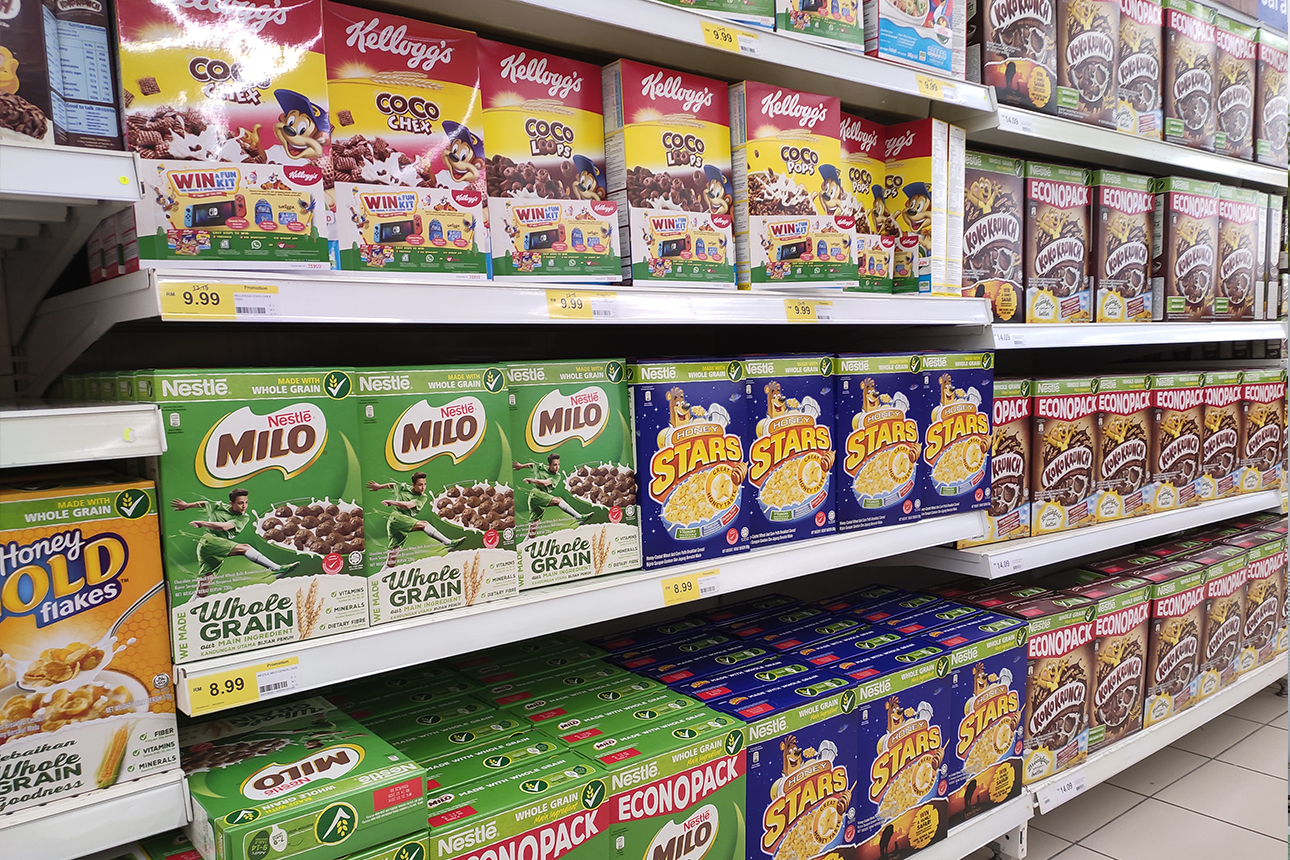Today, an Australian study published by PLOS ONE found evidence that consumers supported a range of added sugar labels, which indicates the Government is unlikely to face consumer opposition if added sugar labelling is introduced.
Dr Miranda Blake from Deakin University’s Global Centre for Preventive Health and Nutrition (GLOBE), and senior author of the study said consumers strongly supported clear added sugar labelling on packaging.
“The majority of consumers (85%) agreed we need to set higher standards for how the food industry labels the food we eat.”
Despite this, the survey also found evidence that a range of labels did not have an impact on shopping choices.
The online survey of 2582 Australian parents looked at seven added sugar labelling options to see if any would make a difference to whether a consumer would buy a high-sugar breakfast cereal, yoghurt or non-alcoholic beverage.
Each group of parents was shown a different labelling format. These included the current nutrition information panel with no added sugars listed (the control); a nutrition information panel (NIP) stating added sugar content; listing sugar in the ingredients list; a sugar warning label; a teaspoons of sugar icon; and two versions of the health star rating (using total sugars and added sugars).
The study found no consistent differences in purchases of high-sugar products across the product categories for any label tested.
Dr Blake said the results were surprising.
“Systematic reviews of consumer studies have found clearer labelling of added sugars on food packaging can help some consumers pick lower-sugar options,” she said.
“Our findings suggest public education campaigns are needed, targeting key population groups, including those with low literacy and numeracy.”
New Zealand co-author Professor Cliona Ni Mhurchu said nutrition labelling is most likely to be effective as a package of interventions to influence consumer and manufacturer behaviour.
“Actions to support healthier diets that could be reinforced by added sugar labelling are healthy school food policies, sugary drinks taxes, and advertising restrictions,” she said.
Sugar labelling is currently on the table. As part of a review of nutrition labelling for sugars, Food Standards Australia New Zealand is considering a proposal to amend the Food Standards Code to include the added sugar content in the nutrition information panel.
Public health and consumer groups strongly support the introduction of added sugar labelling. Current labelling laws mean consumers have no way of knowing how much sugar has been added to food either by looking at the nutrition information panel or ingredients list.
New Zealanders and Australians eat too much sugar, with one in two exceeding the World Health Organization’s maximum recommended limit intake. Excess consumption of added sugars is associated with dental caries, poor dietary quality and excess weight gain. Excess weight can increase a person’s risk of developing diseases such as heart disease, type-2 diabetes and many cancers.

We’re keeping food manufacturers honest.
You can't always trust what's on the label, so you should always take food marketing claims with a grain of salt. We’ve been challenging dodgy marketing claims from food manufacturers for decades. Honest and transparent food and health information for consumers is our mission. Consider joining Consumer today to support our work.

Subscribe to our newsletters
Get even more Consumer NZ news and invitations to share your voice on important issues straight to your inbox. You don’t have to be a member to have these newsletters emailed to you regularly.

